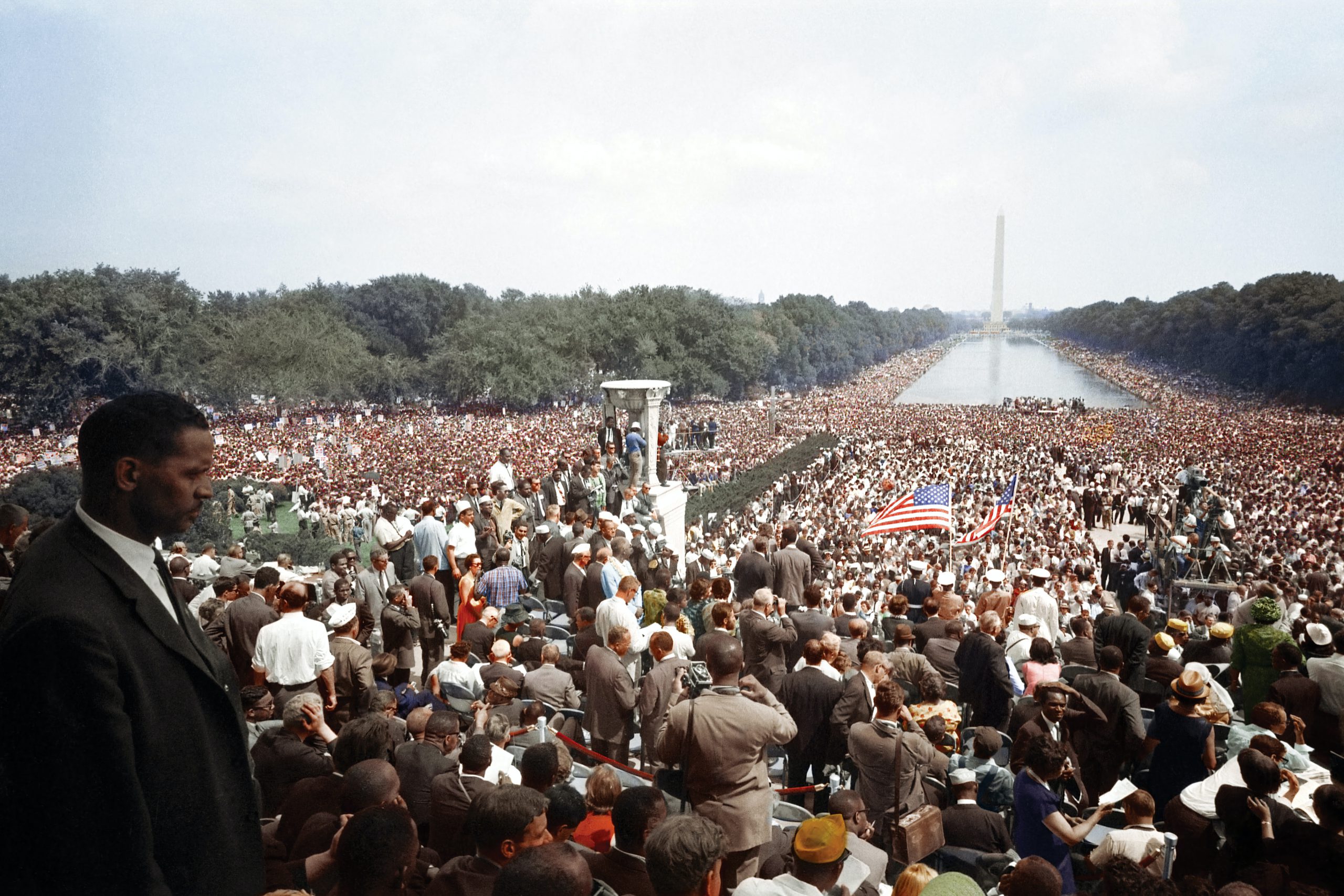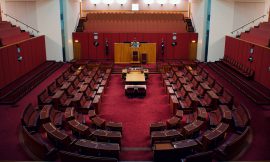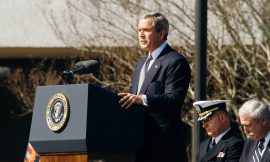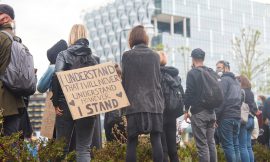Democracy and liberalism are defined in this article
Democracies as Defined
Defining “Democracy” is notoriously hard. According to this definition: “Democracy is a form where nobody has the right to choose for himself, nobody can invest himself with the capacity to rule and, consequently, no one can abdicate to oneself unqualified and unrestricted power.” 7 Various meanings have been presented by other researchers. Philip Schmitter and Terry Karl’s definition of “modern political democracy” states that “rulers are held accountable för their acts in the public domain by citizens reacting indirectly thru the cooperation and competition of elected representatives.” 8 Schumpeter defined the “democratic process” as “that institutional system for getting at political decisions wherein individuals obtain power by competing for the people’s vote” in 1942. 9 For Samuel Huntington, “the democratic aspect of a 20th century political system is defined as the selection of its most achieved outstanding decision – making by means of open competition between candidates for votes and the right to vote for almost the whole adult population.” 10 Many academics have been inspired by the wide range of conceptions of democracy to examine and compare how the term is defined. 11
Defining democracy is made more difficult by the chasm that exists between the ancient Greek model and the modern one. In the classical Athenian democracy, all citizens were expected to participate fully in political life, and there was a great emphasis on community, popular sovereignty, and the equality of all citizens before the law. 12 Rather than relying on elected officials, modern democracy relies upon elected representatives; it tends to build lines between both the public and private spheres, which weakens community and fosters a sense of individualism. Even if current representative political systems fall short of an ancient Greek ideal of directly participatory democracy, because the term “democracy” is commonly used to describe them, I will refer to them as such.
Most definitions of democracy today include numerous similar characteristics. First and foremost, democracies are countries where the people have a say in the selection of their leaders through the use of institutional procedures, such as elections. There’s also the issue of securing the public’s vote. Third, the government’s power is limited by the fact that it is accountable to the citizens. A political democracy is defined by the following characteristics:
A polity is a democracy if it meets all of the following criteria: “Extensive civil rights (freedom of speech, freedom of press, freedom to create and join organisations)” are necessary in a democracy, according to Larry Diamond. 13 “Democracy implies those social and political freedoms to talk, write, gather and organise that are necessary for political debate as well as the conduct of election campaigns,” as Samuel Huntington puts it. 14
Expanding the democratic criterion reveals that it makes much more sense to talk of degrees of democracy rather than neatly dividing states between democracies and democracies. Judging whether a state is democratic or non-democratic tends to be a question of personal preference. As a result, they stress the significance of distinguishing between democracy versus liberalism.
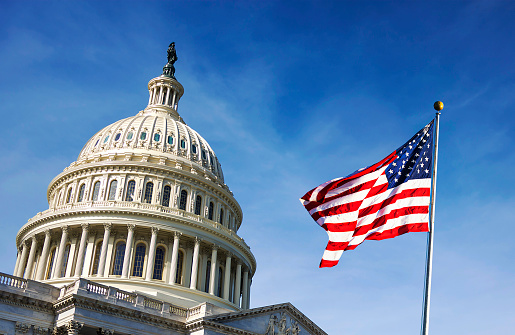
Liberal vs. Democratic Thought
As a political ideology, liberalism focuses on individual liberty, whereas democracy is a range of political procedures incorporating participation and competition. “Liberalism’s aims are life & property, or its means were liberty and tolerance,” says one researcher. 15 Freedom of religion, property ownership and exchange, health care, education, or employment access for all, as well as political involvement and representation, are all elements of liberalism’s vision of a free society. 16 In democracies that adhere to the formal definition, only the last group of rights is guaranteed.
The majority of democracies are liberal democracies. Procedural democracy and the protection of civil liberties are found in the industrialised Western nations. Anyone who accepts liberal ideals is likely to see his or her country transform into one that is a democracy since democratic institutions ensure individual freedom. As a result, “liberal” and “democracy” are frequently used interchangeably. However, an illiberal democracy could exist in a country. Certain minority groups may be denied freedom in states where official ideologies such as racism or nationalism are in place. Illiberal democracies like Serbia and Iran exist today. However uncommon, it is feasible for a country to be liberal and democratic at the same time. 17 “In the loss of free elections, it is conceivable to get a free press, religious freedom, free association pluralism, the ability to organise unions, the right to migrate freely, and so on,” political theorist Michael Walzer writes. 18 Before extending the franchise and establishing a democracy, Britain adopted liberal values in the nineteenth century. Individual liberties connected with liberalism may theoretically be respected to a large extent under the rule of a benign despot. Today, only a few states can call themselves liberal without also being democratic.



